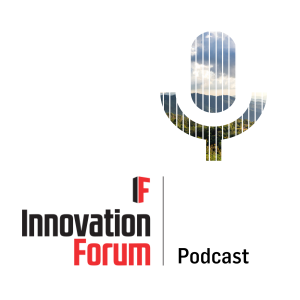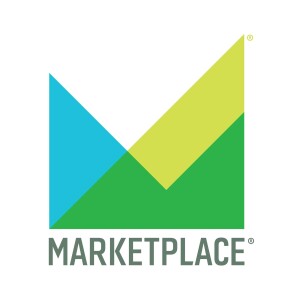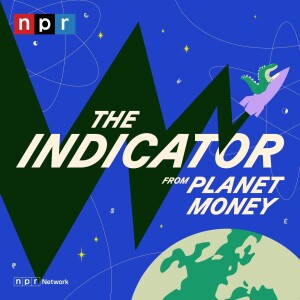

Sustainable business podcast by Innovation Forum
From data gaps to compliance: the role of Geospatial AI in sustainability (webinar recording)
2025-05-28
Sustainability claims are facing increasing scrutiny, with rising costs, data uncertainty and growing pressure on businesses to provide verifiable proof of their efforts. Supply chain blind spots, outdated data and manual processes leave sustainability teams struggling to confidently meet compliance requirements.
This webinar, hosted in partnership with Picterra, explored how emerging technologies such as Geospatial AI (GeoAI), remote sensing, and satellite data analytics can empower sustainability teams with trusted insights, enabling them ...
Sustainability claims are facing increasing scrutiny, with rising costs, data uncertainty and growing pressure on businesses to provide verifiable proof of their efforts. Supply chain blind spots, outdated data and manual processes leave sustainability teams struggling to confidently meet compliance requirements.
This webinar, hosted in partnership with Picterra, explored how emerging technologies such as Geospatial AI (GeoAI), remote sensing, and satellite data analytics can empower sustainability teams with trusted insights, enabling them to move from reactive reporting to proactive oversight.
Our panel of experts discussed:
- The key hurdles businesses face in achieving sustainability compliance
- Strategies for moving from outdated, manual processes to more scalable, data-driven solutions
- An overview of Geospatial AI and how it is changing the landscape of supply chain transparency and monitoring
- The role of geospatial monitoring in identifying high-risk landscapes and improving compliance
- The future of AI in sustainability: opportunities, concerns and limitations
Panel:
- Alicia Sullivan, product manager – Earth Engine sustainability solutions, Google
- Pierrick Poulenas, CEO and Co-founder, Picterra
- Andrew Wilcox, associate director for sustainability – procurement strategy & insights, Unilever
The conversation was moderated by Ian Welsh, publishing director, Innovation Forum.
Comments (3)
More Episodes
All Episodes>>Create Your Podcast In Minutes
- Full-featured podcast site
- Unlimited storage and bandwidth
- Comprehensive podcast stats
- Distribute to Apple Podcasts, Spotify, and more
- Make money with your podcast
It is Free












